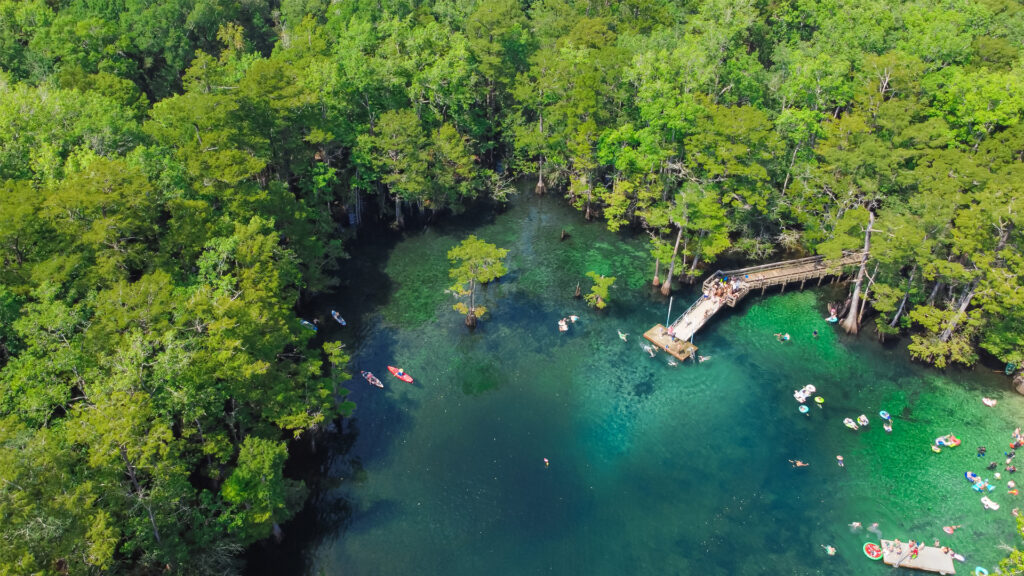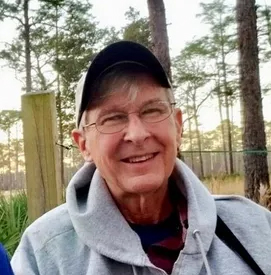By Craig Reeder
I lived for 10 years in Houston while working in the oil and gas industry, and I can tell you this: If we invite oil drilling into Florida, there will be spills, there will be pollution and there will be spoilage and degradation. But right now, the Florida Department of Environmental Protection has said that instead of protecting our environment, it plans to approve a permit for drilling in the Apalachicola River floodplain.
Are we willing to trade the natural beauty of our home in North Florida for short-term economic gain?

I have canoed the Econfina Creek with its fern-draped limestone banks, floated down the serenely winding Chipola River and snorkeled in the crystal-clear waters of Morrison Springs. I have felt a profound sense of wonder standing on the deck overlooking the water that falls into the deep karst cavern and disappears into the earth at Falling Waters State Park.
Many of you who are reading this have experienced places of natural beauty like this all over the Florida Panhandle. I saw nothing like this along the Texas-Louisiana Gulf Coast, where the oil and gas industry has turned the land and water into an industrial sewer.
Sure, drilling operators have safeguards and technology to prevent spills and pollution, and government entities like the Environmental Protection Agency have rules and regulations for drilling operations, but there is no way to avoid the hard truth: Oil drilling is a dirty business.
Take a look at some recent headlines from Texas: “261 barrels of crude oil removed from Texas City ditch after spill” — January, 2024. “Operator Error Caused 400,000-Gallon Crude Oil Spill Outside Midland Texas” — May, 2023. “Another Flint Hills Resources Oil Spill” — January, 2024. “Oil and gas companies spill millions of gallons of wastewater in Texas” — November, 2023.
And there is more to it than just drilling. There are pipelines and storage facilities, tanker trucks, heavy equipment and all sorts of ancillary operations that are susceptible to human error, mechanical failure and every sort of accident.

In addition to oil spills, there is also the matter of “produced water,” the largest waste stream from fossil fuel extraction. “Produced water” contains carcinogens and other toxins and is typically injected underground for disposal. Living atop a vast karst field, we know that our porous geology makes the aquifer, our vital source of life-giving water, especially vulnerable and in need of constant and diligent protection.
There are some who want to invite drilling in to create jobs, and that is understandable but regrettably short-sighted. We can choose to develop the oil industry and gain jobs for the short term, while putting our natural environment at risk, or we can take the wiser, more responsible path, boost our support of environmental protection, expand employment and business opportunities in the ecotourism industry, and protect our natural heritage for generations to come.
You can register your opposition to drilling in the Florida Panhandle by contacting Department of Environmental Protection administrator Gerry Walker (Gerald.A.Walker@FloridaDEP.gov) and telling him that we do not want this for our beautiful state.
Tallahassee resident Craig Reeder spent 20 years working in the oil and gas industry followed by 15 years teaching in the School of Business and Industry at Florida A&M University. He is now retired, engaged in volunteer work, and is a musician and environmental activist.
This opinion piece was originally published by the Tallahassee Democrat, which is a media partner of The Invading Sea. If you are interested in submitting an opinion piece to The Invading Sea, email Editor Nathan Crabbe at ncrabbe@fau.edu. Sign up for The Invading Sea newsletter by visiting here.


